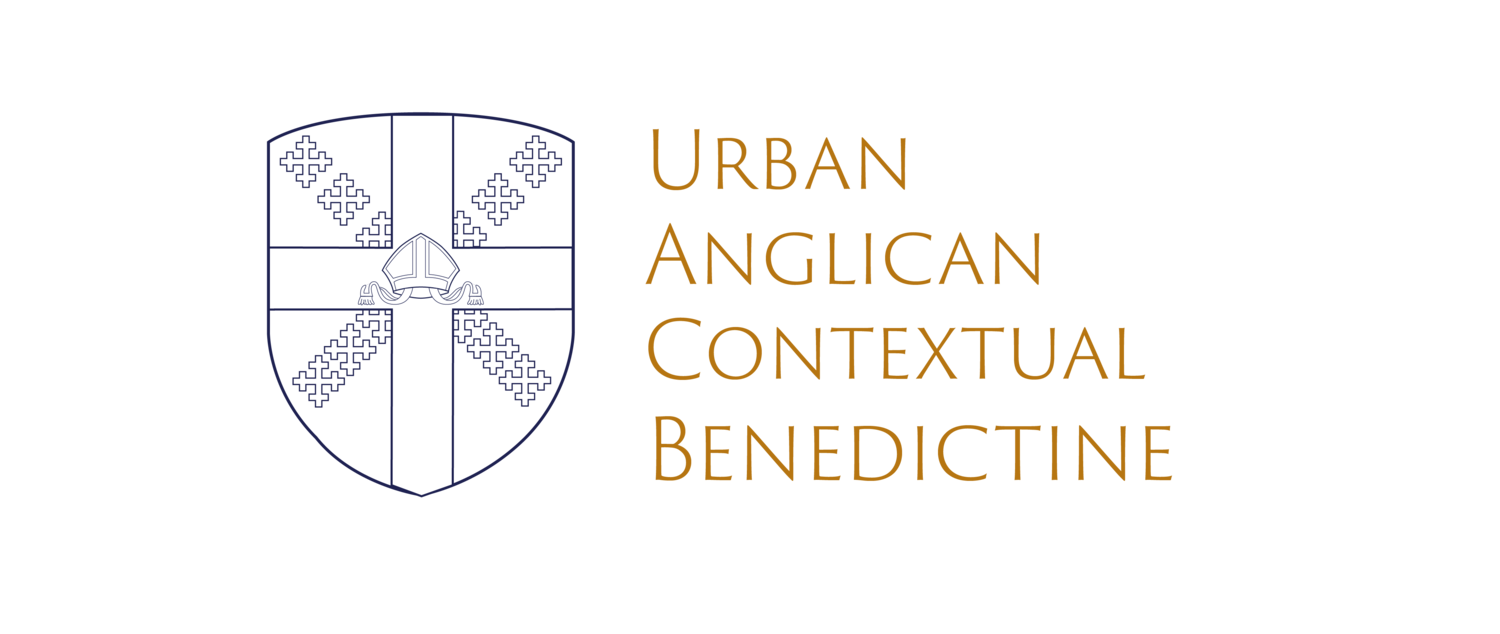Empathy and Education
When you've worked in leadership, ministry, or education for a sufficient length of time, you start noticing trends. Those of us involved in academic administration remember the emergence of “student-centered learning” in the early 2000s, and even earlier, the concept of “servant leadership” in the early 1990s.
Today, I am heartened by the increasingly pivotal role of “empathy” in leadership, ministry, and education. This isn’t a new concept for Christians. It is God’s empathetic love towards God’s creation which is at the heart of the story of salvation history. Since the Beginning, God has endeavored to walk alongside and abide with God’s creation. This divine companionship culminates in the incarnation of Jesus Christ. Theologians like Jurgen Moltmann suggest that the incarnation fundamentally altered God’s nature. In taking on human form, God fully experienced what it means to be human - encompassing finitude, loss, pain, limitation, and ultimately, death. This profound act of solidarity brings to full realization the love God has consistently shown to humanity. It leads one to ponder whether the incarnation itself might have transformed God’s love into empathy, as God personally experiences human existence.
I write this reflection while I’m riding the Acela train, heading back to General Seminary after spending the majority of the past two weeks at Virginia Theological Seminary with our hybrid M.Div students during their January-term intensive courses. (Ordinarily, these are held in NYC, but we held this year’s Jan-term in Alexandria in order to facilitate a “Chelsea term” for our Doctor of Ministry students - the Close continues to be the hub for the GTS hybrid M.Div program!)
By living alongside our hybrid students, engaging in worship, sharing meals, and working alongside them in the library, I gained a deeper insight into the rigors of the hybrid program.
Several reflections: Firstly, being away from home for prolonged periods is demanding! Life at home moves on without us, adding burdens to those who remain. I am deeply grateful to my wife, Julia, who coped with the illness and eventual loss of our youngest daughter’s beloved gecko, Doc, during my absence.
Secondly, the sense of community that develops during these intensive sessions is extraordinary. It mirrors the camaraderie and bonds formed in experiences like camp, or parish and staff retreats. These intensive courses create deep, unique connections, transforming students and faculty into colleagues and friends.
Thirdly, the workload is substantial! Days filled to the brim with chapel, classes, meals, and homework are exhausting. I feel our students' fatigue at the end of these weeks and I share their urgency as we gear up for the regular semester classes starting in just a few days.
Taking part in these intensive weeks in Alexandria has been transformative to me, and I imagine also for the rest of our faculty who were also in attendance. What I have learned as both a professor and a leader is invaluable. I have come to appreciate the sacrifices, resilience, and joy that are part of being a member of the hybrid learning community at General.
Having worked in higher education for over two decades, in various settings, I have witnessed how different types of institutions (universities, colleges, residential seminaries, hybrid seminaries) demand different sets of skills and abilities from faculty and staff. I think the most effective institutions are those that can empathize with their students and understand a bit of what it’s like for their students to thrive in their programs. This is a hallmark of a “student-centered” institution — one that considers the student perspective in every aspect of its operation.
I think we are developing an extraordinarily empathetic faculty. Not only are we growing in empathy through the intensives, but because most of us also serve in Sunday parishes, we can also appreciate, even if only in part, the complexities of balancing seminary, family, life, and ministry.
As General Seminary lives into its third century of educating and forming leaders for the Church in a changing world, I pray that we continue to grow as an institution where education is grounded in empathy, understanding fosters transformation, and where the love of Christ is made known in all we do.
